166 million-year-old dinosaur ‘highway’ unearthed by quarry worker
A quarry worker’s keen eye has led to an incredible discovery – a “dinosaur highway” with hundreds of footprints from giants of the past.
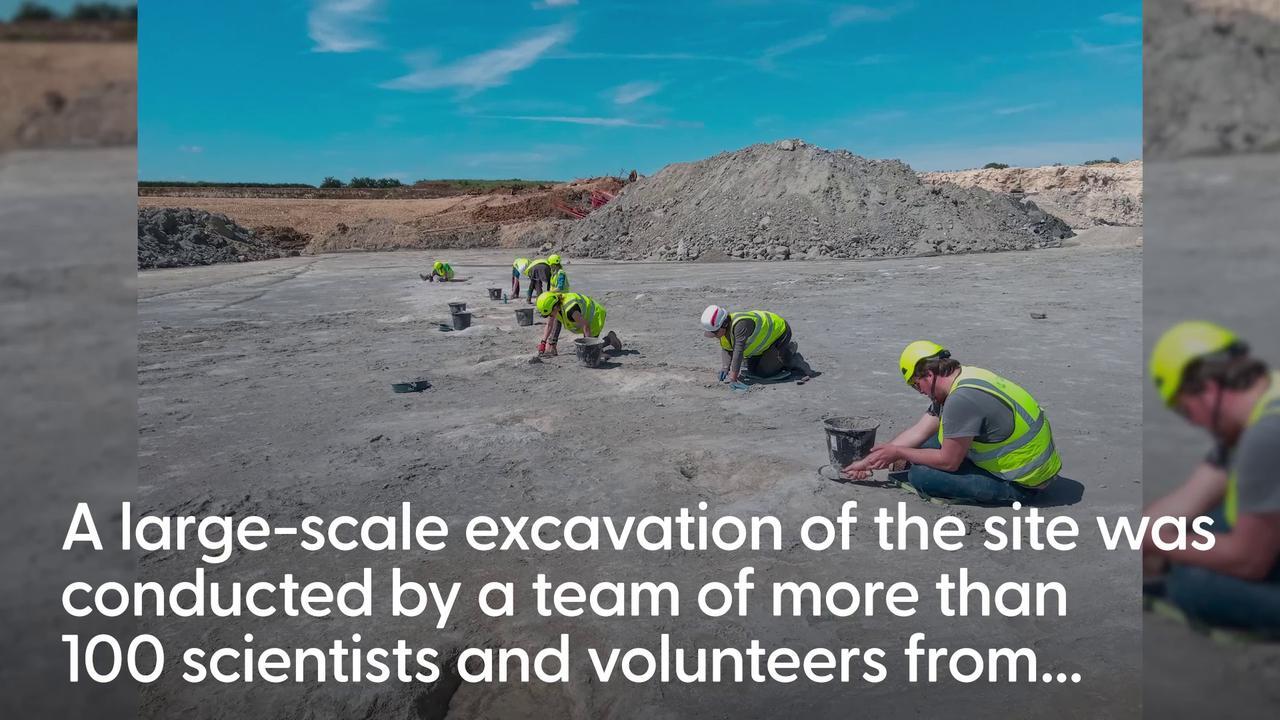
In a discovery that would make Ross Geller lose his palaeontologist mind, a real-life dinosaur “highway” has been found in a quarry in Oxfordshire, England.
This incredible find, dating back 166 million years, features hundreds of footprints from some of the biggest beasts to ever walk the Earth.

It all started when eagle-eyed quarry worker Gary Johnson noticed some unusual bumps while digging.
What he stumbled upon turned out to be a treasure trove of prehistoric footprints, including tracks from the fearsome Megalosaurus, a nine-metre-long predator, and the massive, long-necked Cetiosaurus, a plant-eater that could grow up to 18 metres long.
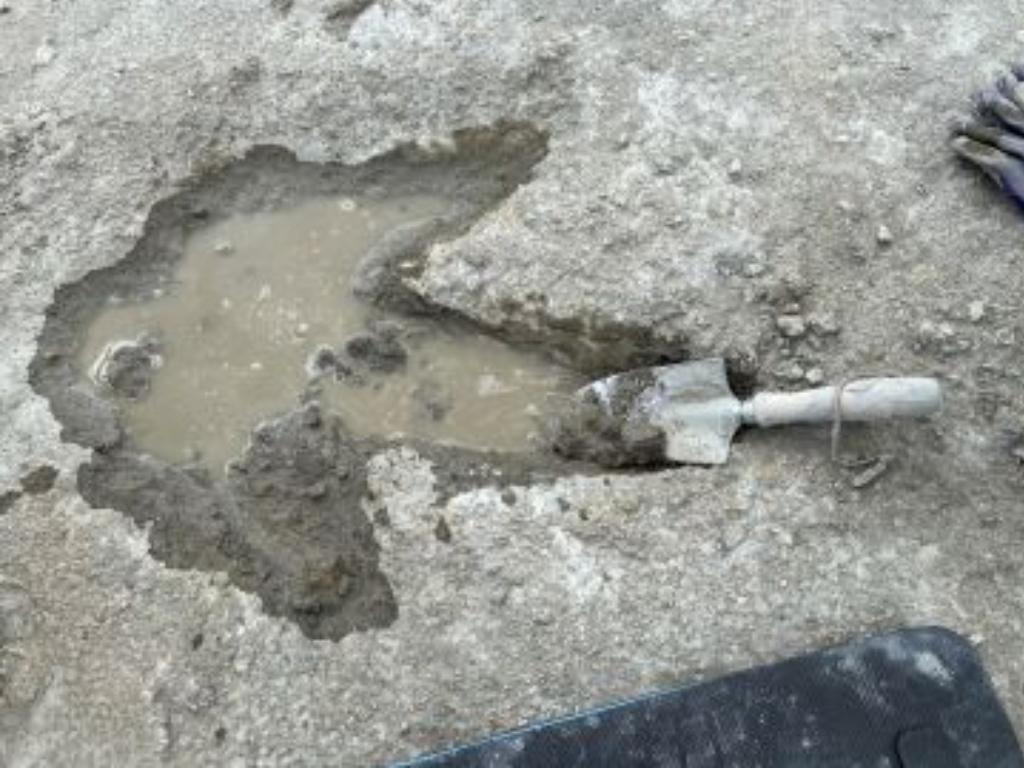
The site boasts five distinct trackways, the longest stretching over 150 metres.
Experts reckon this totals of the biggest dinosaur footprint discoveries ever.
The preservation of the tracks is so good that scientists can see how the dinosaur’s feet deformed the mud as they walked.
This gives clues about their weight, gait, and even how fast they were moving.
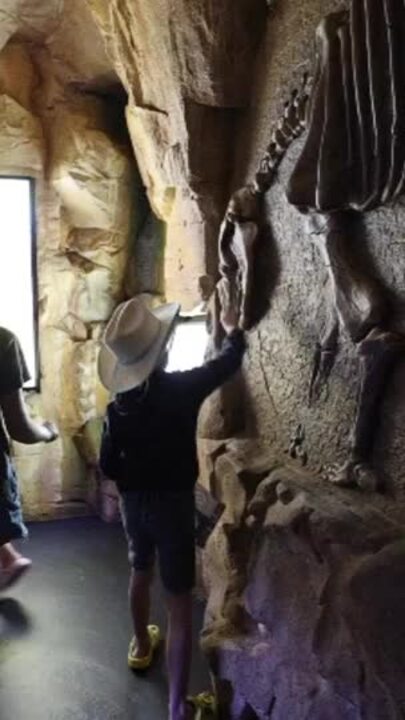
This isn’t the first time dinosaur tracks have been found in the area.
About 30 years ago, another site with 40 sets of footprints was discovered nearby.
It was a big deal at the time, but it’s mostly inaccessible now.
This new discovery benefits from modern technology like drones and digital cameras, which weren’t available in the 90s.
This allows for much more detailed documentation and analysis of the footprints.
A team of over 100 researchers from the Universities of Oxford and Birmingham spent a week excavating the site, using drones and digital photography to create a detailed 3D model of the “highway”.
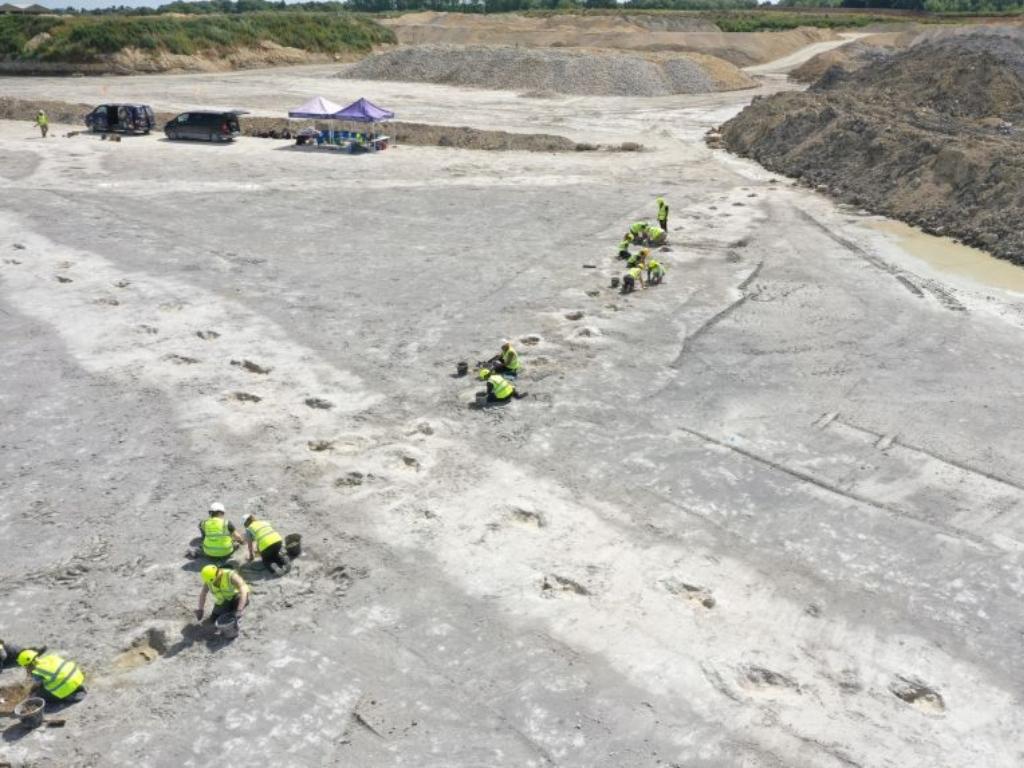
This tech will help scientists learn more about how these prehistoric behemoths moved and interacted.
“It’s so exhilarating,” says Dr Duncan Murdock from the Oxford University Museum of Natural History. “You can imagine it making its way through, pulling its legs out of the mud.”
But there’s more to this discovery than just footprints.
Back in the Middle Jurassic, Oxfordshire was a tropical lagoon.
The footprints, along with other fossils like shells and plants, help paint a picture of this ancient environment.
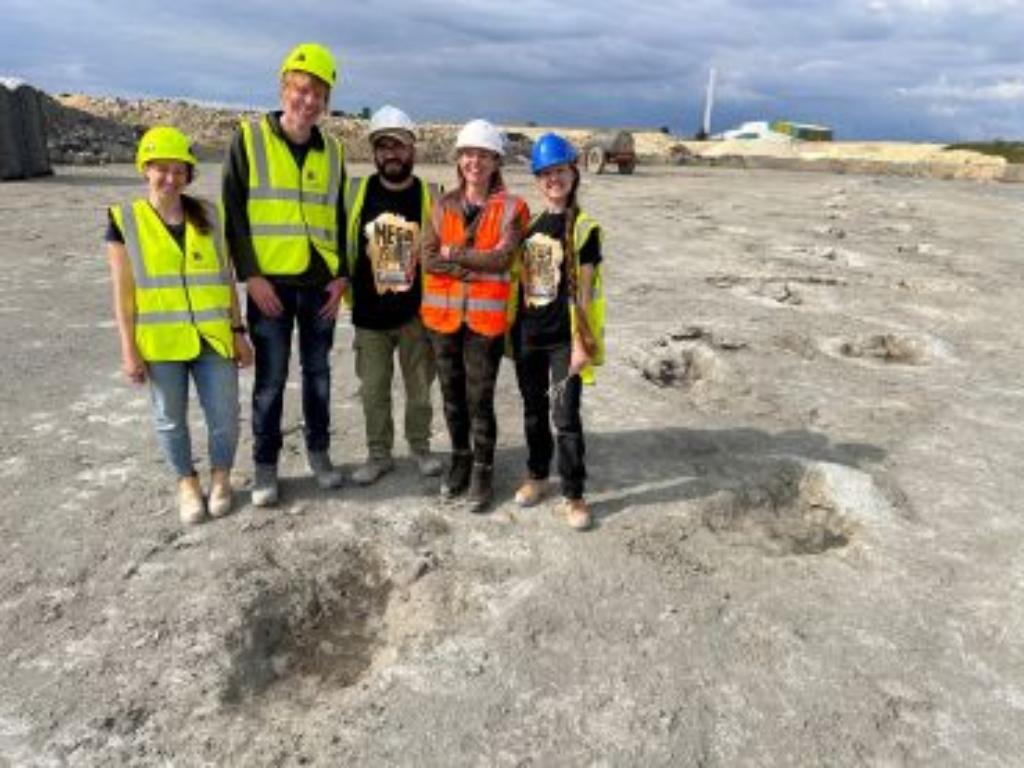
The findings will be featured on the BBC’s Digging for Britain program next week and will also be part of a new exhibit at the Oxford University Museum of Natural History.
This discovery is a massive win for palaeontologists and dinosaur-enthusiasts alike. Ross Geller is screaming, crying and throwing up somewhere.

Originally published as 166 million-year-old dinosaur ‘highway’ unearthed by quarry worker




